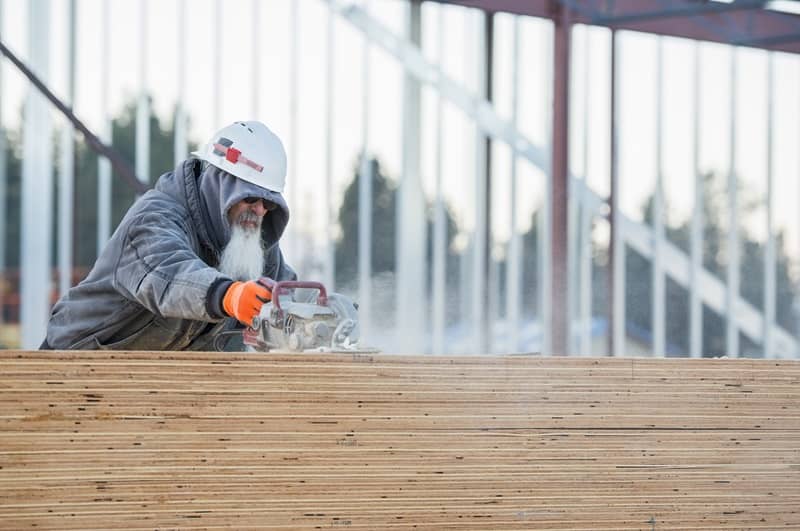If you’re thinking about a job in construction management, or you’ve worked in construction for many years and are ready to take the next step, you may want to consider a career as a general contractor.
General contractors oversee every detail of a construction project. They plan, budget and coordinate everything from scheduling the crew to arranging for the delivery of material to consulting with local experts. The general contractor works closely with the site owner to find a way to make his or her vision a reality—or pare that vision down to a more practical reality when necessary.
If you’re considering a career as a general contractor, you have two paths to obtaining the necessary requirements.
Option 1 – On the Job Experience
One of the most common ways to earn the credentials necessary to become a general contractor is through substantial work experience. This experience can come from working in a specific role (carpentry, masonry, plumbing) for several years or through an apprenticeship. Apprenticeships not only provide on the job training, but often include classroom instruction to broaden your understanding of the trade or industry.
Option 2 – Earn Your Degree
One of the easiest ways to increase your hiring potential as a general contractor is to obtain a bachelor’s degree in construction management. While you probably won’t walk out of a bachelor’s program with the same level of hands-on experience as someone who took an apprenticeship, you’ll gain industry-relevant skills such as business management, structural engineering, value analysis, site planning and cost estimating.
Master’s degrees in construction management are also available and can significantly improve your hirability, since master’s-level coursework provides a more focused study of the financial, technical and organization requirements for construction management.
Get Certified
Once you have the necessary experience, you need to get certified to work as a general contractor. There are two national organizations that can provide these certifications. Through the Construction Management Association of America (CMAA) you can become a Certified Construction Manager (CCM). In order to apply for this certification, you must have at least 48 months of experience in construction management, a related bachelor’s or master’s degree, an associate’s degree with at least four years of construction experience or eight years of construction experience.
The American Institute of Contractors (AIC) also offers certification for entry-level and advanced contractors. The entry-level certification requires at least four years of construction experience and/or education, while their advanced certificate requires an additional four years of experience/education plus two years of construction management experience.
Obtain Your License
Before you can do any work as a general contractor, you need to check with your local state, county and city to determine what sort of licensing requirements they may have. Some locations only require a license for certain types of projects, or they may have special requirements in terms of education and experience. In some cases, you may need to pass a licensing exam. Some locations don’t require a license at all.
To learn more about the specific requirements for working as a general contractor in your area, contact your Madden Recruitment Specialist today. MICI is a leader among Seattle staffing agencies and also has locations in Vancouver, WA and Portland.




